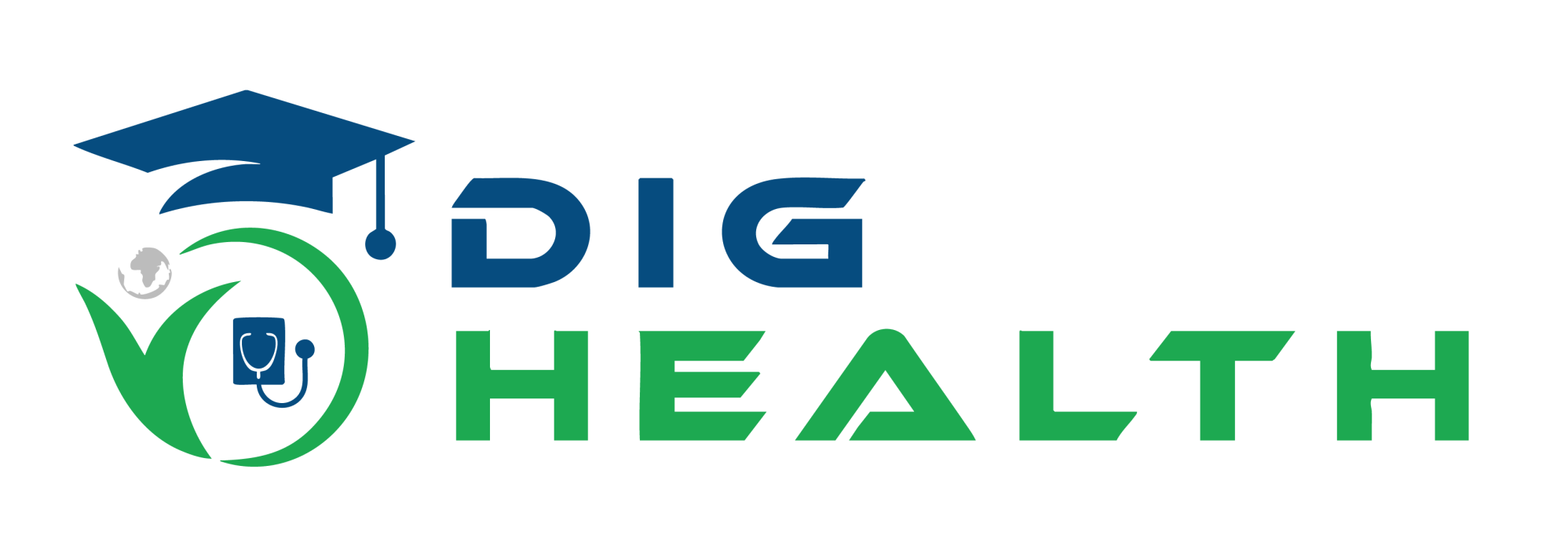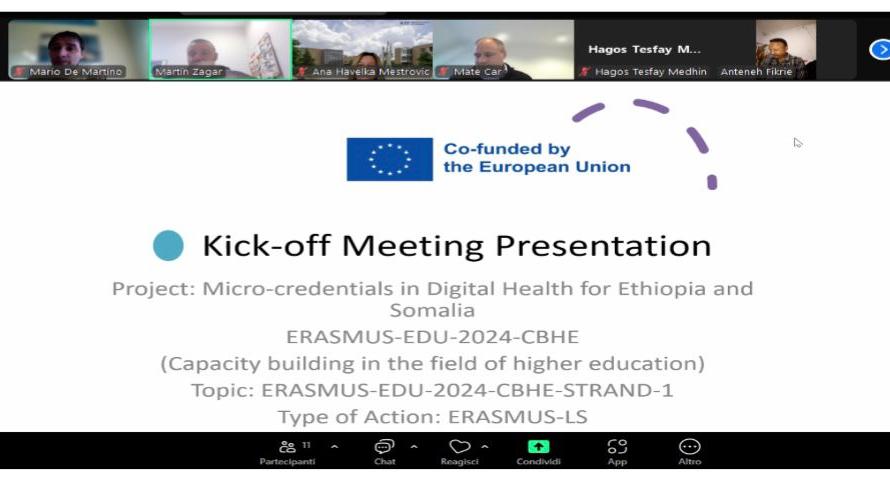
In our previous post, we explored the critical findings from our initial research in Ethiopia and Somalia. The message from local students and healthcare professionals was clear: there is a high demand for advanced digital health skills, but a significant gap exists due to a lack of comprehensive educational programs and the absence of official state standards for this type of training.
Understanding the problem is only the first step. The DigHealth project was designed to take direct, strategic action to solve these challenges. Our approach is not just about introducing new technology, but about building a sustainable and empowering educational foundation from the ground up. Here is our detailed action plan.
Empowering the Educators
A core pillar of our strategy is the belief that sustainable change comes from empowering local leaders. To address the need for high-quality, ongoing education, our primary action is to implement robust capacity-building initiatives designed to enhance the skills of university educators.


Instead of simply offering courses directly, we focus on a “train the trainer” model. This involves organizing dedicated training sessions for teaching staff at our partner institutions. During these sessions, we provide them with access to innovative teaching approaches and a wealth of new didactic materials. By equipping local educators with the most up-to-date knowledge and tools, we ensure they can continue to lead and deliver state-of-the-art digital health education long after our project concludes. This creates a powerful ripple effect, strengthening the capacity of the entire higher education system.
Sustainable change doesn’t come from just offering a course; it comes from empowering local educators to lead for years to come.
Lorem ipsum dolor sit amet, consectetur adipisicing elit, sed do eiusmod tempor incididunt ut labore et dolore magna aliqua. Ut enim ad minim veniam, quis nostrud exercitation ullamco laboris nisi ut aliquip ex ea commodo consequat. Duis aute irure dolor in reprehenderit. Lorem ipsum dolor sit amet, consectetur adipiscing elit.
Solution 2: Building Flexible and Accessible Educational Programs
To meet the high demand for skills among both current students and busy working professionals, we are developing new and innovative micro-credential programs in digital health.

Recognizing that traditional, long-term degree programs are not always feasible, we have designed our curriculum with flexibility at its core. Key features of our programs include:
- A Modular Structure: Participants can choose specific modules relevant to their needs, allowing them to learn at their own pace and build a personalized educational path.
- An Interdisciplinary Approach: Our courses integrate various fields of study, providing a holistic understanding of how technology intersects with healthcare.
- Distance Learning Options: To ensure our programs are accessible to as many people as possible, we offer distance learning options that allow participants to learn from anywhere.
These programs will cover critical, modern topics such as telemedicine, e-health, and other vital digital health fields, all modernized to meet current European standards and healthcare needs. The ultimate goal is to provide tangible benefits to students by improving their skills and dramatically enhancing their employability in the modern healthcare sector.


